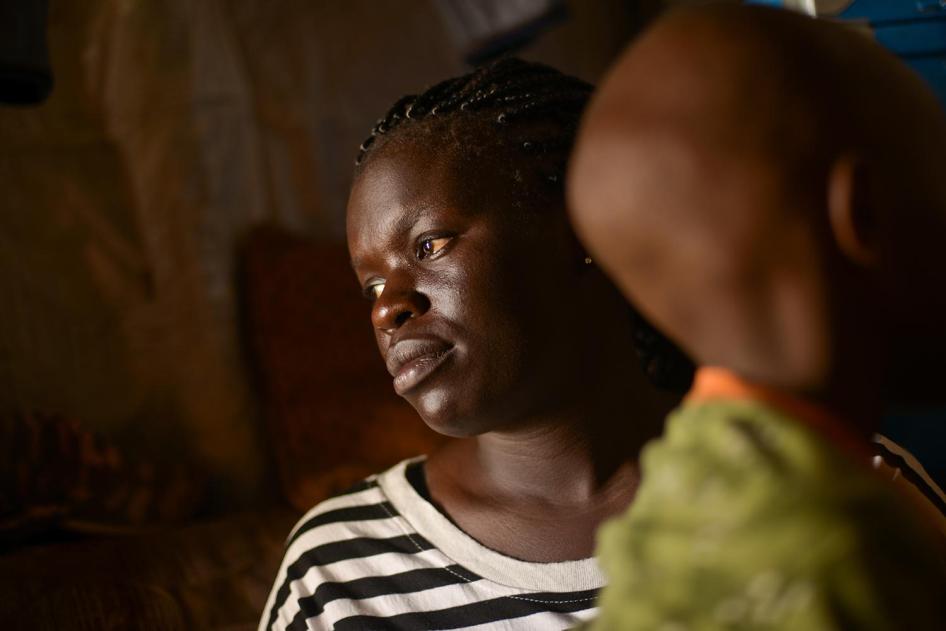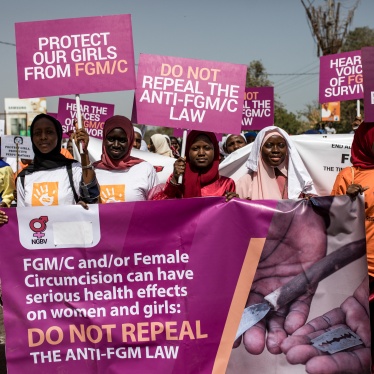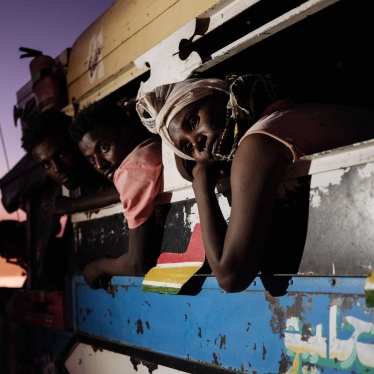Kenya last week released a new plan for improving women’s rights, laying out steps to carry out UN Security Council resolution 1325, which promises greater participation of women in preventing conflicts and peacemaking and better protection for women and girls in conflict. Recognizing the need for national level policies to fulfill the resolution’s promise, governments started developing National Action Plans.
Ambitious and broad, the Kenya National Action Plan – the “KNAP” – contains everything from plans to educate the public about resolution 1325, to creating a database of women who could serve in regional peace processes, to tracking and monitoring promises in Kenya’s 2010 constitution for more women in government. These efforts seek to overcome what the plan describes as, “long-standing gender based discrimination” and to end “impunity regarding violence against women.”
But KNAP gives little attention to survivors of rape and sexual violence in Kenya’s 2007-2008 post-election violence, and in fact, a paragraph on these abuses in earlier drafts of the KNAP’s section on Kenya’s security context has been removed from the final. A recent Human Rights Watch report found that, largely because the government has ignored these women, many of them are still struggling with untreated physical and mental health problems. Many have become poorer over the years, isolated and stigmatized, sometimes with children born of vicious gang rapes.
The Truth Justice and Reconciliation Commission report promised reparations for victims of the post-election violence, but the commission report is still caught up in politics, and parliament hasn’t passed it yet. Reparations have been promised separately by President Uhuru Kenyatta, but these have not materialized either.
The KNAP could help. It promises more services for women in conflict and humanitarian situations, a reparations fund for victims of sexual and gender-based violence in conflict, and that government institutions will monitor how many girls and women receive reparations. Whether the rape survivors who are suffering today receive any benefits will depend on whether the government makes it a priority and whether they are consulted and included.
Those now tasked with turning KNAP into real dividends will need to fight for these women, not just monitor implementation of promises already made. For the KNAP to really reflect the spirit of resolution 1325, those implementing it should make sure survivors are front and center in designing how these reparations work.










